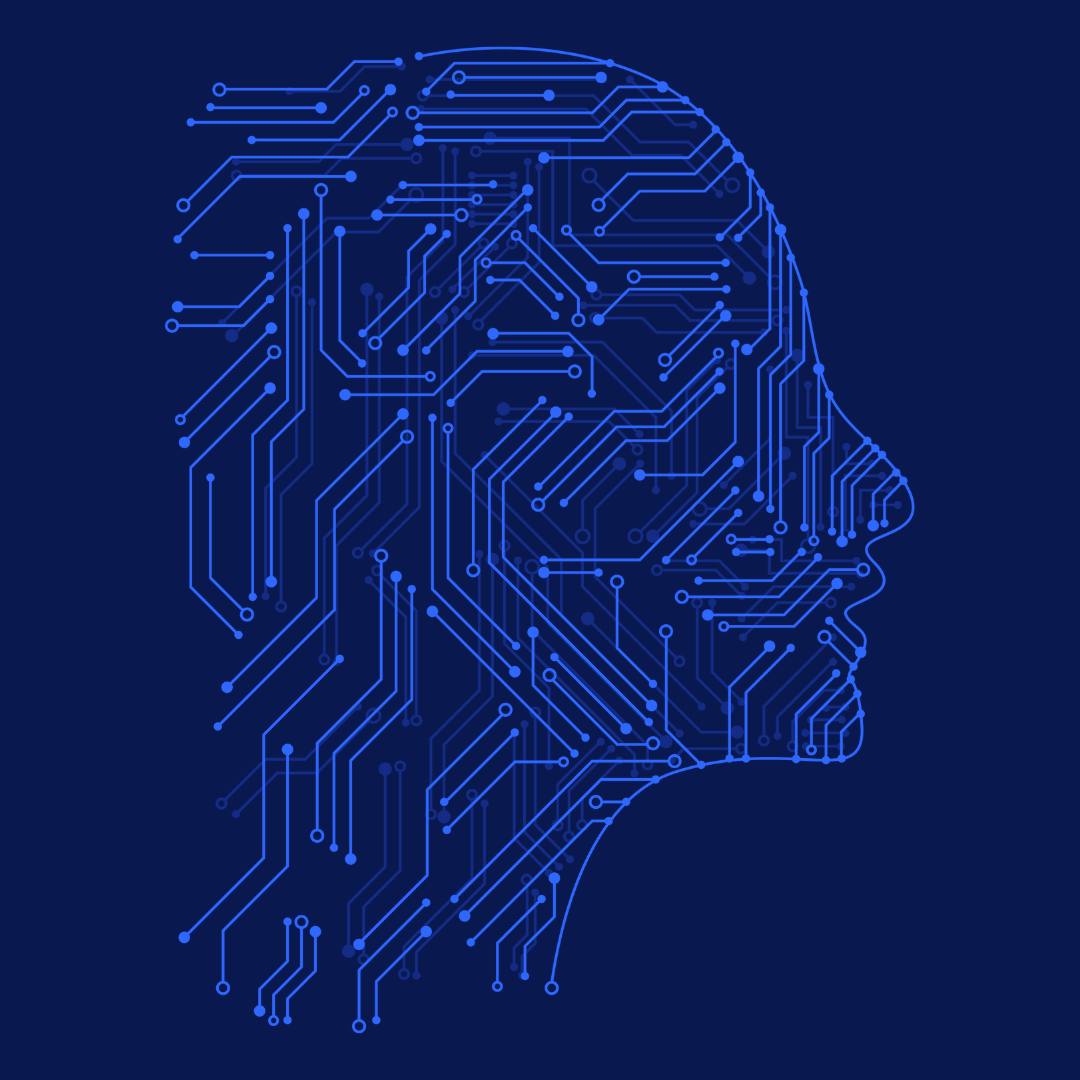UN puts AI Titans on the hook for billions of dollars of biopiracy payments
By Jim Thomas,
Scan the Horizon
| 11. 19. 2024
It’s the wee hours of 2nd November 2024 in Cali, Colombia. In a large UN negotiating hall Colombian Environment Minister Susana Muhamed has slammed down the gavel on a decision that should send a jolt through the AI policy world. The decision, while seemingly about paying for genetic data, sets a significant wider precedent for how AI firms can be held accountable for stealing training data without consent or recompense.
Here is the context: After years of stand-offs and diplomatic wrangling, the United Nation’s Convention on Biological Diversity (UN CBD) this month adopted a landmark decision on something called “DSI”. DSI stands for Digital Sequence Information. It refers to digital versions of biological ‘codes’ such as DNA, RNA or the amino acids in proteins. These biological “codes” are routinely collected, stored and processed in digital form and have become the raw commodity powering the global$1.5 trillion dollar biotech industry. Originally sequenced from plants, animals, bacteria and viruses extracted from territories (plus human medical samples) the sheer volume of ‘DSI’ now stacking up in servers and databases rivals much of...
Related Articles
By Scott Solomon, The MIT Press Reader | 02.12.2026
Chris Mason is a man in a hurry.
“Sometimes walking from the subway to the lab takes too long, so I’ll start running,” he told me over breakfast at a bistro near his home in Brooklyn on a crisp...
By Diaa Hadid and Shweta Desai, NPR | 01.29.2026
MUMBRA, India — The afternoon sun shines on the woman in a commuter-town café, highlighting her almond-shaped eyes and pale skin, a look often sought after by couples who need an egg to have a baby.
"I have good eggs,"...
By George Janes, BioNews | 01.12.2026
A heart attack patient has become the first person to be treated in a clinical trial of an experimental gene therapy, which aims to strengthen blood vessels after coronary bypass surgery.
Coronary artery bypass surgery is performed to treat...
By Staff, ScienceDaily | 01.05.2026
Scientists at UNSW Sydney have developed a new form of CRISPR technology that could make gene therapy safer while also resolving a decades-long debate about how genes are switched off. The research shows that small chemical markers attached to DNA
...




